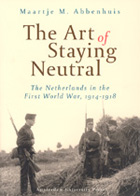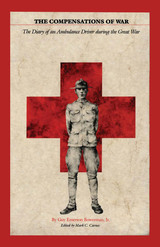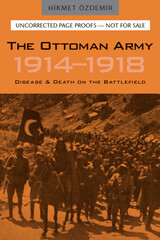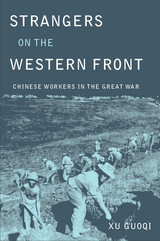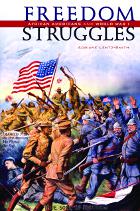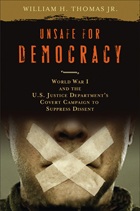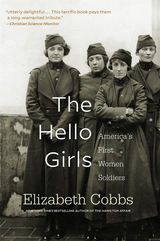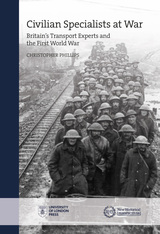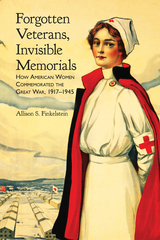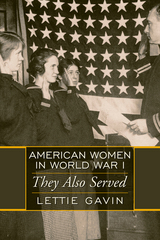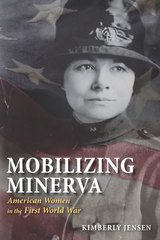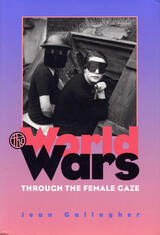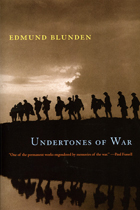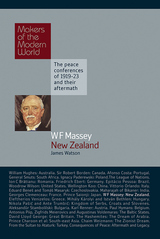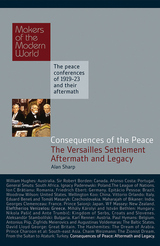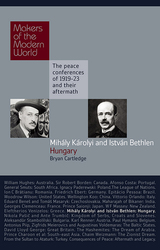eISBN: 978-0-8135-6859-1 | Cloth: 978-0-8135-2798-7
Library of Congress Classification D639.P7G396 2000
Dewey Decimal Classification 940.4887
Adolf Hitler, writing in Mein Kampf, was scathing in his condemnation of German propaganda in the First World War, declaring that Germany had failed to recognize propaganda as a weapon of the first order. This despite the fact that propaganda had been regarded, arguably for the first time, as an intrinsic part of the war effort.
David Welch has written the first book to fully examine German society — politics, propaganda, public opinion, and total war — in the Great War. Drawing on a wide range of sources — from posters, newspapers, journals, film, parliamentary debates, police and military reports, and private papers — Welch argues that the moral collapse of Germany was due less to the failure to disseminate propaganda than to the inability of the military authorities and the Kaiser to reinforce this propaganda, and to acknowledge the importance of public opinion in forging an effective link between leadership and the people.
See other books on: Propaganda | Propaganda, German | Public opinion | Total war | World War, 1914-1918
See other titles from Rutgers University Press


